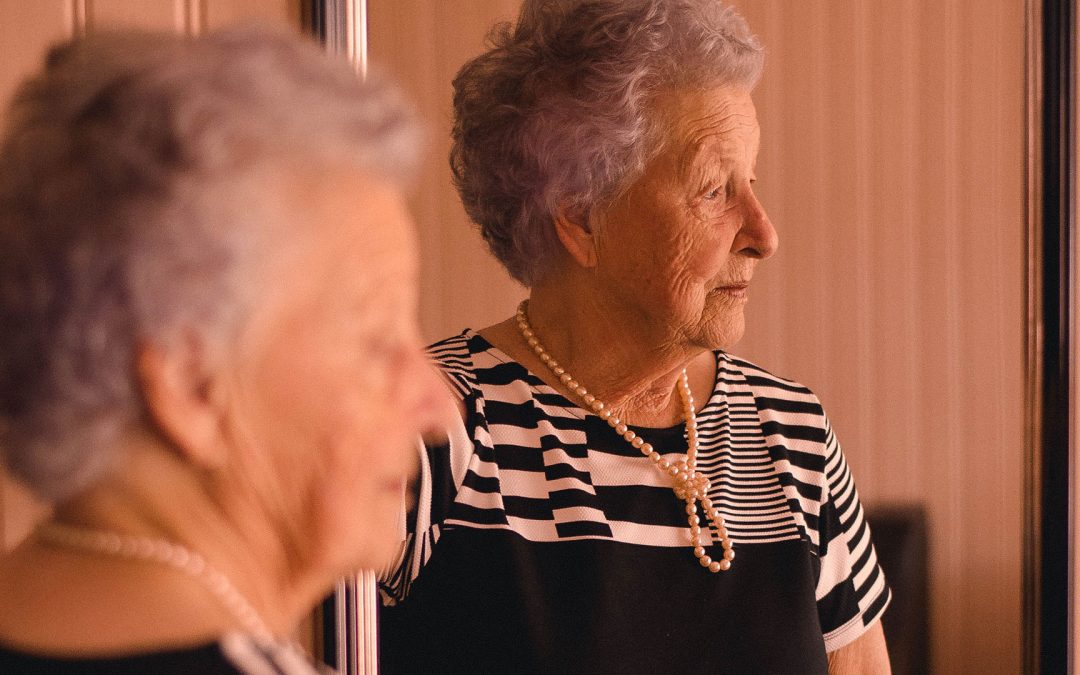By Dr. Rhonda Feldman
“I want to celebrate the holidays with my grandmother, but she has dementia. Do we need to give up all our family traditions?”
The holidays are often a special time for families, including meaningful traditions and get-togethers. When one family member has a diagnosis of dementia, caregivers question how to enjoy the season in a special way for everyone. Caregivers often feel like they have lost something important if they need to change family traditions to deal with the cognitive and behavioural changes that come with dementia. But there are ways to adapt celebrations so that everyone is able to enjoy the holidays together.
Tips to Consider:
1. Consider the holidays as a season and not a day.
If you focus on a particular day you miss opportunities for connection. Focus on what is important about the holidays– certain food, music, or decorations – that you can use at any time and in any place.
2. Involve the person with dementia.
It is important to listen to your family member’s preferences and wishes, as well as recognize that they might not want to do everything they used to. You might need to tailor their involvement to what they can tolerate now.
3. Pick a few important traditions.
Too many activities can be too much for someone with dementia. Decide on the few things that will give everyone the greatest enjoyment. Be honest with yourself about how much you can handle and ask for help if you need it.
4. Keep daily routines.
People with dementia can feel comforted by predictable routines – try to schedule activities so they occur at the time of day when your family member is at their best.
5. Manage the environment.
Too many changes with decorations or a noisy party might be overwhelming. Your family member might need a quiet corner to talk to one person at a time, or smaller, shorter gatherings.
6. Be flexible and adjust expectations.
Sometimes a person with dementia is not able to show their appreciation for your efforts, or might tire quickly of an activity. Plan to adapt to their needs while still making sure you can enjoy yourself. It might help to arrange to have someone else spend time with your family member in quiet place while you attend the party.
7. Communicate with guests.
Let others know ahead of time about the changes in your family member and what to expect. Sometimes well-meaning people try to “test” your family member’s memory for specific events from the past, and this can feel stressful for someone who has memory impairment. Give other guests tips on how to talk to your family member in a positive way.
8. Acknowledge a range of emotions.
Your family member might feel glad to take part in celebrations, but could also be sad that they are not as involved as they used to be. Holidays often come with the pressure to be happy, which can actually make some people anxious. It will be comforting if you can show that you understand these mixed feelings.
Holidays can be an emotional time for caregivers. You might feel grateful to be able to spend a special time of year with your family member with dementia, and you might also be aware of how much has changed. It is important that you have the support you need to manage these complex feelings, so the holidays can be a time of connection, even if you are making new traditions together. To learn more about how to support yourself and your family with dementia, please contact the Reitman Centre and Enhancing Care program, and find valuable tips on our website: www.dementiacarers.ca.
For more information and assistance on caregiving challenges in managing dementia at home, please call the Reitman Centre at 416-586-4800 ext. 5882 or send an email to [email protected], visit your local Alzheimer Society or access the Reitman Centre website.
By
Rhonda Feldman, Ph.D., C.Psych
Mental Health Clinician
Rhonda Feldman is a Psychologist at The Reitman Centre at Sinai Health in Toronto. She conducts individual and group therapy with caregivers, teaching strategies to help improve coping.
The Enhancing Care Program Can Help
You are not alone, contact us with your concerns and support needs
For more information and assistance on caregiving challenges in managing dementia at home:
- Call the the Reitman Centre at 416-586-4800 ext. 5882
- Email [email protected]
- Access the Reitman Centre website
- Access our Online Programs offered through the Enhancing Care program
- Visit your local Alzheimer Society to inquire about Enhancing Care programs offered near you

